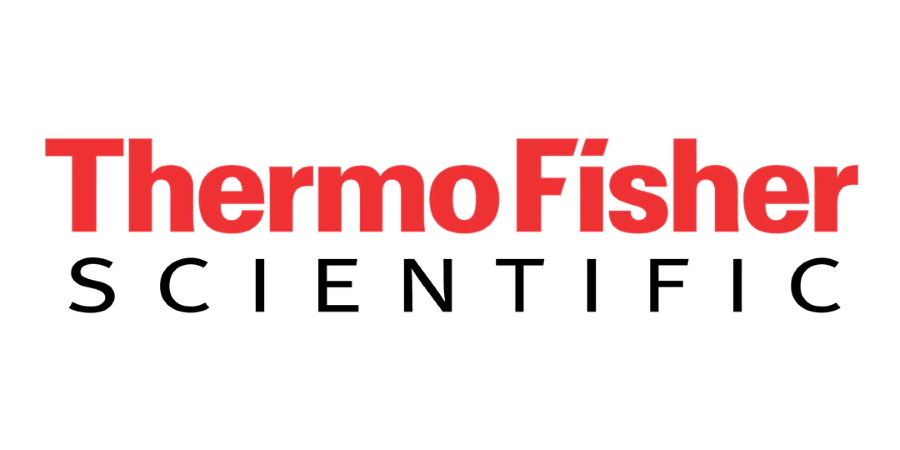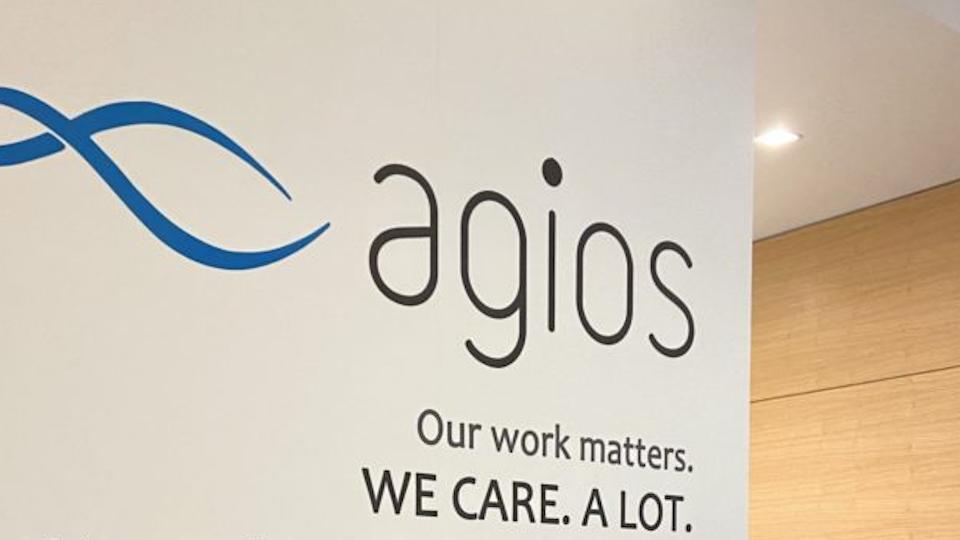Agios up as FDA gives Thermo Fisher glioma test breakthrough status

Shares in Agios Pharma ticked upwards after the FDA awarded breakthrough status to a companion diagnostic to vorasidenib, its experimental drug for brain cancer.
The test for isocitrate dehydrogenase 1 and 2 (IDH1 and IDH2) mutations is part of Thermo Fisher’s Oncomine Precision Assay, which analyses a range of cancer-related mutations that could be used to determine whether patients are eligible for targeted therapies with a swift turnaround time.
Last week, Thermo Fisher and Agios firmed up an agreement to co-develop the companion diagnostic for vorasidenib (AG-881), an IDH 1 and 2 inhibitor which is currently in the phase 3 INDIGO trial for low-grade glioma, although Agios has previously reported some patient recruitment issues as a result of the coronavirus pandemic.
At the ASCO congress last month, Agios reported phase 1 trial data showing that vorasidenib was able to penetrate into the central nervous system and reduce a biomarker for IDH activity in brain tumours, backing up its proposed mechanism of action.
Agios will need to have a rapid diagnostic available for IDH mutations if it is to identify glioma patients suitable for treatment with vorasidenib, a companion drug to its already-marketed IDH 1 inhibitor Tibsovo (ivosidenib) for newly diagnosed and relapsed/refractory acute myeloid leukaemia (AML).
The Oncomine assay was launched as a research tool last year, and is now being developed alongside vorasidenib in the hope of getting FDA approval as a clinical diagnostic for IDH1 and IDH2 mutations in low-grade glioma patients.
The test is designed to run on Thermo Fisher’s recently-introduced Ion Torrent Genexus System, a next-generation sequencing (NGS) machine that the company says can deliver genomic profiling results in a single day, considerably faster than conventional sequencing methods.
A study published last year in the journal Oncotarget found that the average turnaround time for comprehensive genomic tests covering multiple mutations – at a specialist cancer centre in the US – was eight days.
It’s estimated that around 70% of cancer drugs in development are targeted therapies, relying on genome profiling to find specific disease-causing mutations.
Over time Thermo Fisher intends to seek approval for the Oncomine assay as a companion diagnostic for multiple therapies, picking up mutations such as EGFR, ALK, KRAS, BRAF, ROS1, NTRK, RET, HER2 and others with a single test.
It also plans to seek approval for the diagnostic in ‘liquid biopsy’ or blood sample tumour profiling for lung cancer as well as solid tissue tumour profiling across multiple cancer types.













